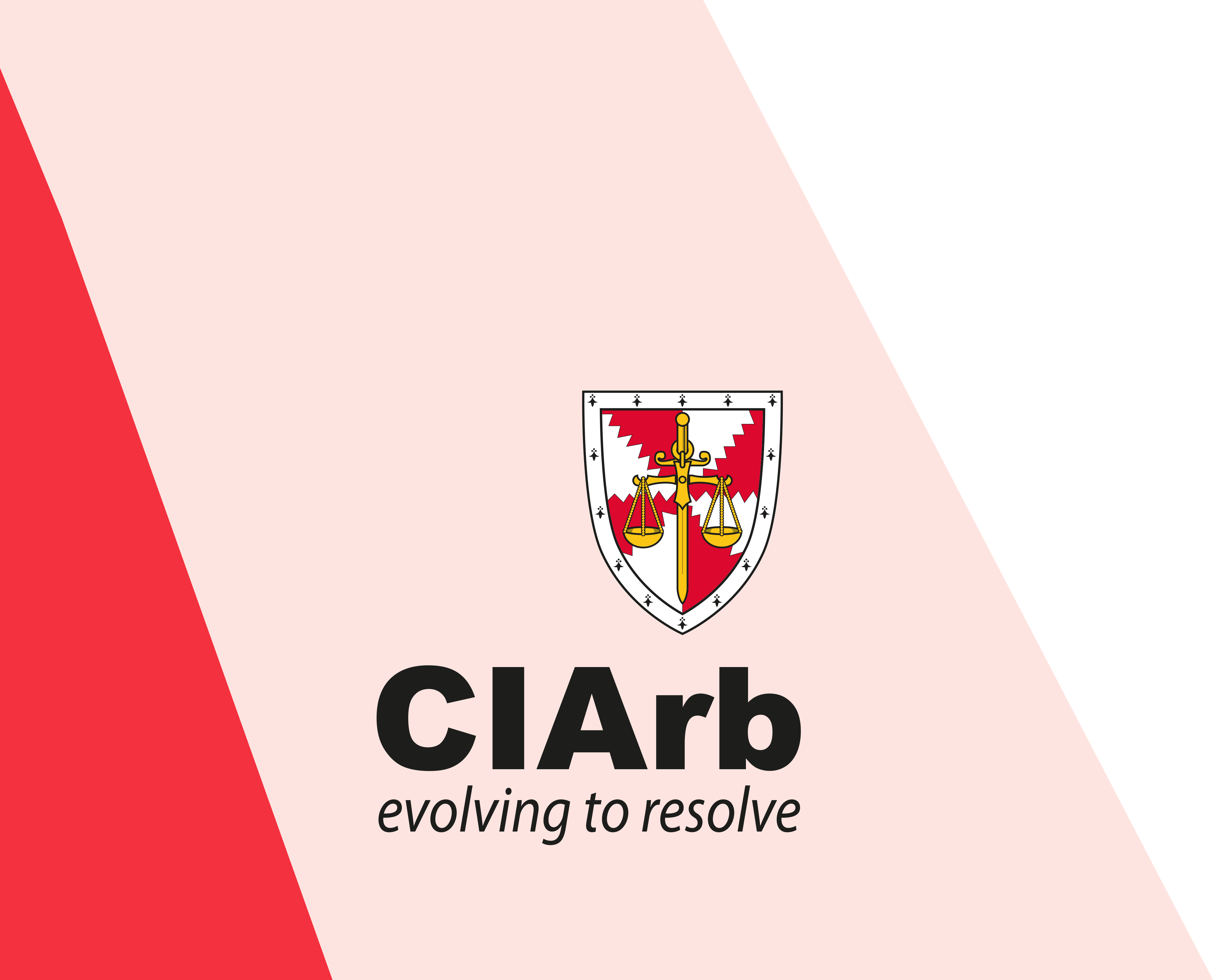Author: Betty Biayeibo
Short story
Leonard Barimor was an accomplished businessman with a large family. Before his death, he had acquired three properties in Banana Island, Lagos and five others in Sapele, Delta State, his State of origin. He also had monies in the Bank, cars, and a lot of personal effects. He died after a brief illness at the age of 65 but was survived by a wife, six daughters, two sons, and very many relatives who were his dependants during his lifetime.
After his demise, it was ascertained that he wrote a Will in his lifetime. Mr Barimor’s Will provided for his wife, children, and relatives but his relatives were not satisfied. They knew about the properties in Lagos and Delta State and did not understand why nothing was mentioned about them in the Will. Among themselves, they began to plot on how to take over the properties or have the properties sold and the money shared amongst everyone.
At a family meeting called to resolve the clamour of the deceased’s relatives, a lawyer from our firm was present to advise the family that the deceased had already given all his properties in Lagos and Delta State to his different children whilst he was alive in compliance with the legal requirements for such disposition and we had prepared the documentation.
The family members contended that the deceased could not have given out his properties as a gift in the way his children claimed but only through a Will.
The takeaway from the story
The story of the Barimor family shows that not so many people know that there are other ways to plan one’s Estate asides writing a Will. Inter vivos disposition of property is one of such ways one can plan his/her Estate.
The question that may have arisen in your mind is “What does Inter vivos disposition mean?” Simply put, ‘inter vivos’ is Latin for “between the living” or “from one living person to another.” An inter vivos gift is a voluntary transfer from the true possessor or owner of the property to another person, at no cost to the receiver, with full intention that the thing will not return to the giver of the gift (donor), and with the full intention on the part of the receiver to retain the thing entirely as his own without restoring it to the giver.- This was the definition proffered by the Supreme Court of Nigeria in the case of Akunwata Joe Oguejiofor Anyaegbunam v. Pastor Okwudili Osaka & Ors. (2000) LPELR-508 (SC).
Whilst this method of Estate Planning is attractive and avoids the contention that usually comes with the distribution of assets of someone who has passed on, it is important to note that there are conditions for validity of a gift(s) disposed inter vivos (during the lifetime of the Deceased). Failure to comply with such may lead to the failure of the gift.
Mr Barimor was a wise man. During his lifetime, he ensured that the possibility for contention at his death was prevented. What is more fantastic is that he got to see everything he wanted for his children, with regards to his properties, play out before his demise.
DISCLAIMER– Please note that the characters used in this story are fictitious. This article does not constitute legal advice. Do not hesitate to contact a lawyer experienced in family law matters to provide a more in-depth analysis on Estate planning, tailored to your need.













